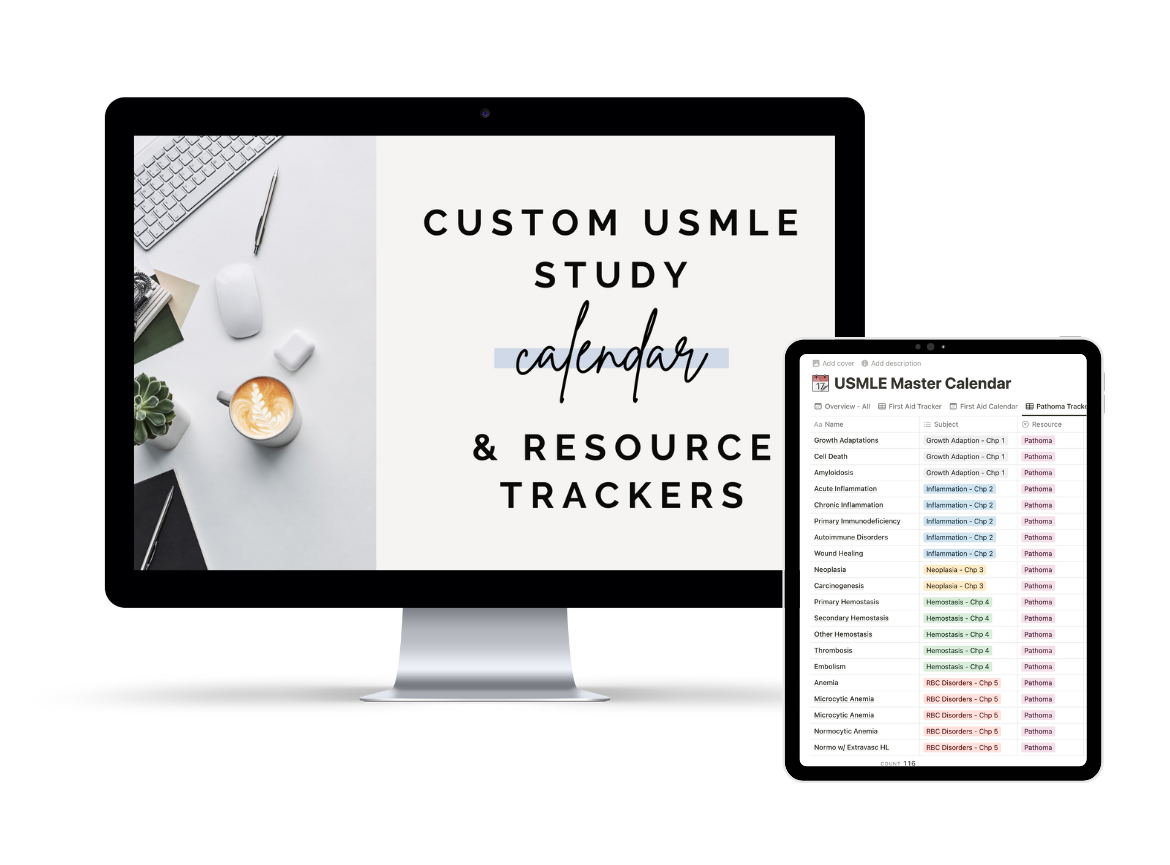
Being able to memorize and learn content for step studying is extremely important. However, in order to do well on your USMLE Step exams, it is even more critical to be able to apply that knowledge. It’s an exam testing your critical thinking skills just as much as knowledge.
In this blog post, I will share some of my top tips for dissecting and analyzing test questions, in particular, USMLE Exams, to make sure you are maximizing the number of question you get correct!
Strategies for reading questions
Don’t skim the question.
I highly don’t recommend skimming questions. When you do, you’re more prone to look for buzzwords. While you can sometimes get questions right by finding buzzwords, it’s good to not get in the habit of doing that.
Read the last sentence first.
Do you ever read the long question stem and then get to the end, and realized they were asking for something you didn’t pay that much attention to? This happens to me all the time. That’s why I always read the last sentence first so that I read the question stemmed knowing what I’m looking for and what I should focus on.
Read every SINGLE sentence.
Know that each sentence has a purpose – whether it’s to rule in or out a disease, it is a clue that will help you answer the question.
Rephrase the question in your own wording.
Sometimes the question is complicatedly written or contains multiple double negatives such as “Which of the following drugs is NOT would be non-responsive to the cancer?” Rephrase this to “Which drug is responsive to the cancer?”
Turn complicated phrases into simple ones.
Strategies for answering questions
Come up with what you think the answer should be without looking at the answers.
This is really helpful so that you don’t “anchor” your thoughts what what’s given to you.
Read all of the answers before jumping into picking one.
Pro- tip: Choose the least invasive and expensive management option.
When asked about your “first steps” (most board-style questions) in how you’d manage xyz disease, the most invasive and most expensive treatment is almost always the wrong answer. Lean towards less costly and invasive treatment first!
For instance, your first step in working up a pulmonary embolism will NOT be a CT angio.
Go with your gut!
When you are between two answers, go with that “gut feeling” and DON’T change your answer unless you have a SOLID explanation for changing it!
That’s all for now! Best of luck on studying!
